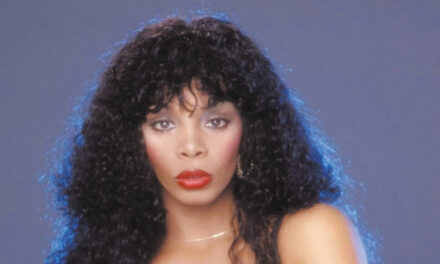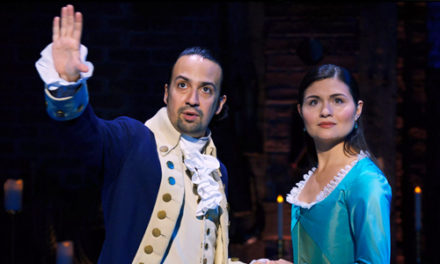
It should come as a surprise to no one that the coming of age comedy Good Boys is produced by Seth Rogen. His creative handprint is felt throughout the proceedings in spite of the fact that his only input, at least if the credits are to be believed, is as a producer. Still, one can’t help but notice how similar the film is in both its sensibilities and in its themes to many of the films that litter Rogen and his writing partner Even Goldberg’s resume. The film’s template even resembles the same structure that is found in many of the Rogen-Goldberg collaborations. Basically, it amounts to throwing as many gags of questionable taste at the audience as possible and then going for a somewhat calculated tug at the heart strings during the final act. Admittedly, it’s a well-oiled machine that has served Rogen well throughout the better part of the last decade but it’s definitely showing signs of wear and tear. Good Boys has its moments but rarely transcends the formula that audiences know all too well.

Keith L. Williams, Jacob Tremblay and Brady Noon in Good Boys
For starters, the plot of the film is pretty thin and it’s obvious that it’s mostly just a convenient placeholder for the film’s creative team-director/co-writer Gene Stupnitsky and writer Lee Eisenberg-to hang their somewhat tired gags, most of which have an air of staleness about them. It all boils down to three pals on the cusp of adolescence who’ve been invited to a kissing party. Of the trio, Max (Jacob Tremblay) is the most anxious as he feels adequately lacking in that department. Max, along with his two pals, Thor (Brady Noon) and Lucas (Keith L. Williams), come up with a plan to spy on a teenage couple living next door with the aid of Max’s dad’s drone. Things go from bad to worse once the trio’s plan is uncovered leading to all sorts of shenanigans and assorted vignettes. The subplots run the gamut from being forced to make a drug score to running from the cops and many other obstacles in between, one of the most memorable being an attempt to cross a busy freeway.
What makes the film work as well as it does in spots is that the characters are fleshed out to some degree and are given their own emotional issues to work out during the film’s unspooling. It’s the more serious undercurrents of the film that work best, which range from dealing with divorce to remaining true to one’s own self. It’s too bad the film has to come to a screeching halt every now and then for a clichéd joke to intrude. Had the creative talent chosen to go the more serious route perhaps things would have been more memorable. As it stands, you’ll be pressed to remember what you’ve seen upon exiting the theater but it’s easy enough to digest at least.
Good Boys is playing everywhere.
Questions or comments? [email protected]








